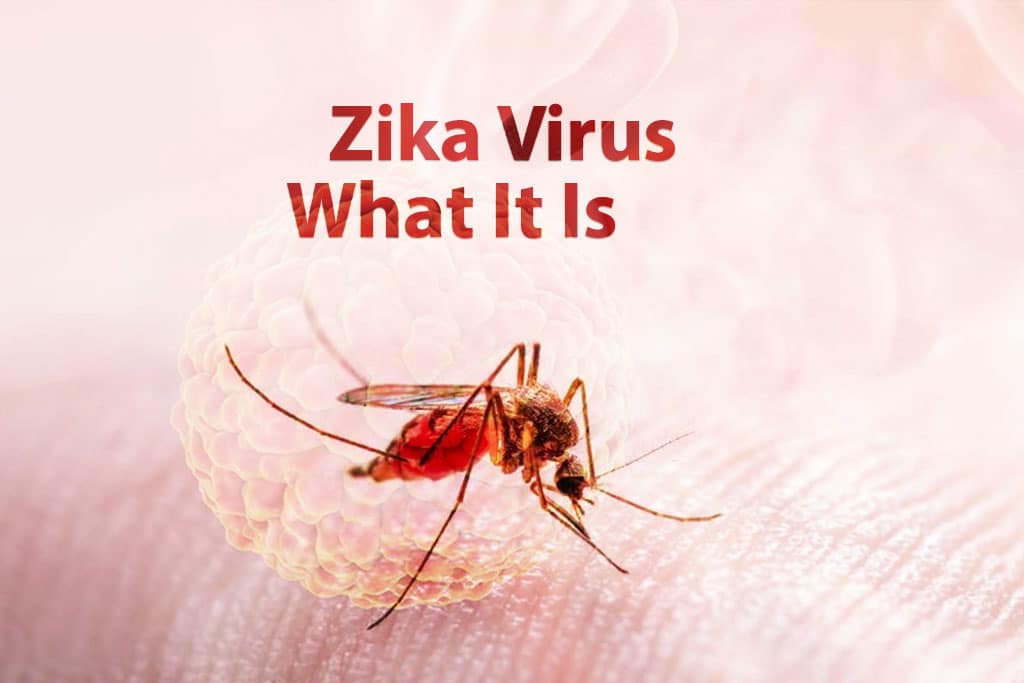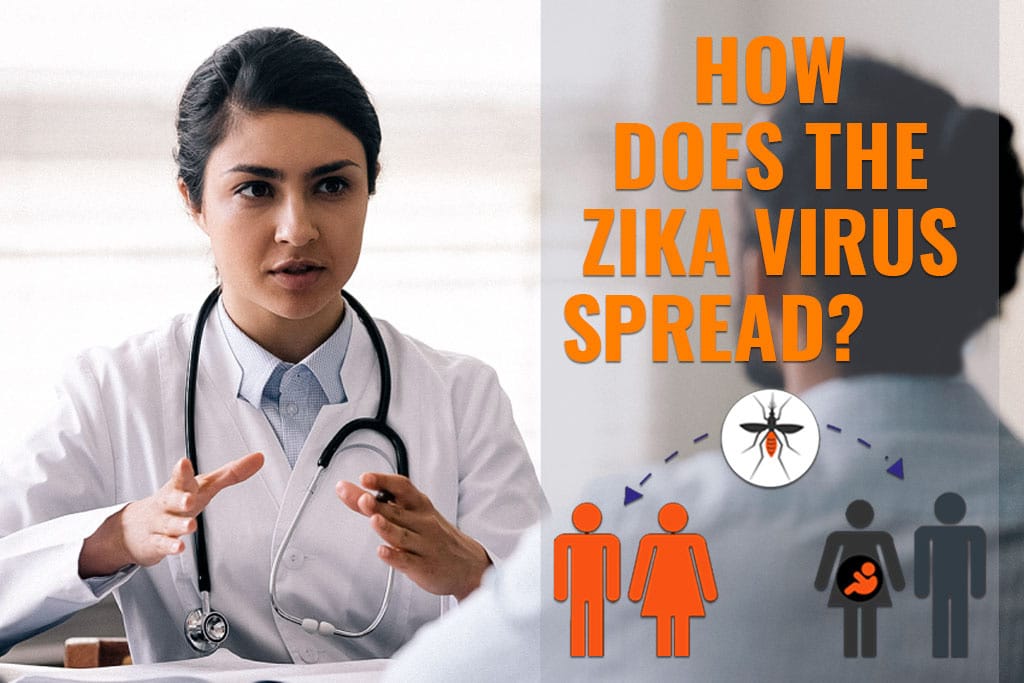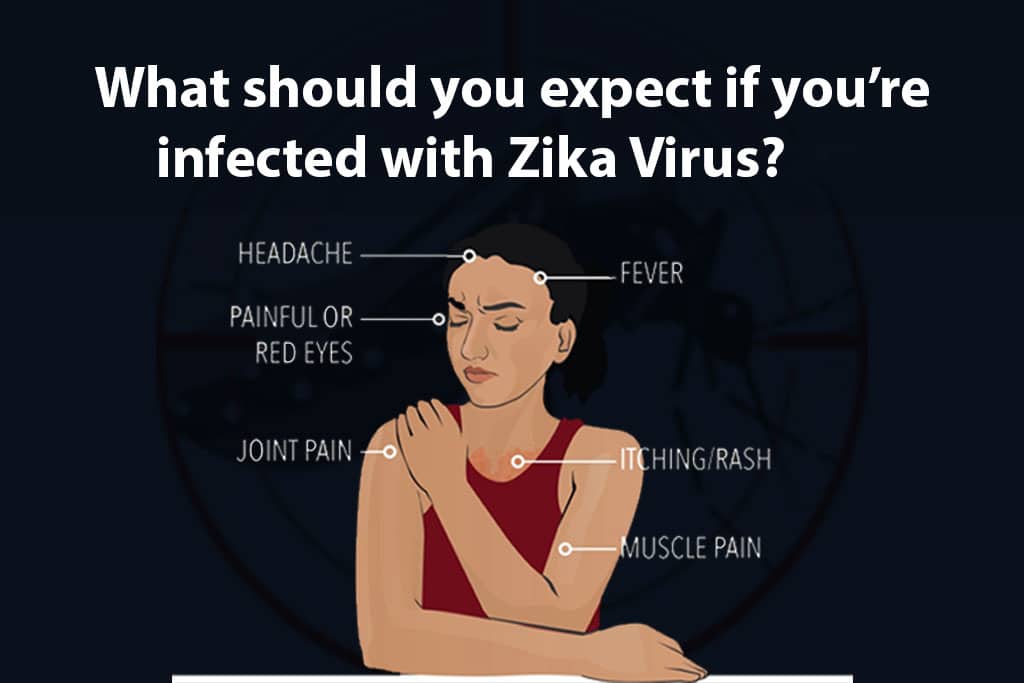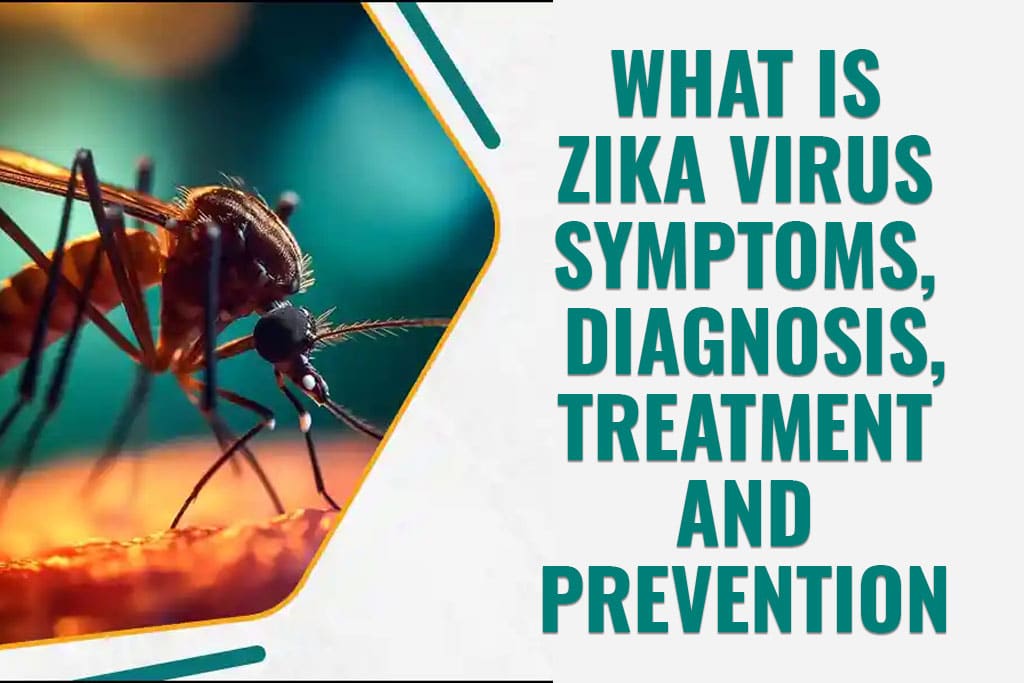Are you curious to know about the complications of the Zika Virus and its ripple effect on the health system? We have got you covered. Zika Virus is a mosquito-borne virus that was initially discovered in Uganda in 1947 in a Rhesus macaque monkey, followed by reports of infection and sickness in people in various African nations in the 1950s. Occasional human infections were discovered in Africa and Asia during the 1960s and 1980s.
However, since 2007, outbreaks of Zika Virus disease have been reported in Africa, the Americas, Asia, and the Pacific. Cases of Zika Virus sickness have fallen internationally since 2017, however, Zika virus transmission remains low in numerous nations in the Americas and other endemic locations.
Furthermore, the first local mosquito-transmitted Zika Virus disease cases were reported in Europe in 2019, with Zika virus outbreak activity discovered in India in 2021. To present, 89 nations and territories have reported evidence of mosquito-borne Zika Virus infection; nevertheless, global surveillance remains insufficient.
Zika Virus: What It is

The Zika Virus (also known as Zika fever) is transmitted by particular mosquitos (Aedes aegypti and Aedes albopictus). It’s caused by a virus, which is an organism that exploits your cells to reproduce itself.
The majority of people are unaware of their condition or have just minor symptoms. If a pregnant person becomes infected with Zika Virus, the fetus’s brain may not grow normally. Zika is particularly dangerous for pregnant women because it can disrupt fetal development. Most other adults and children experience minimal symptoms of Zika.
Symptoms and Causes
What are the Zika symptoms?
Only approximately one in every five people with Zika Virus exhibit symptoms, which include:
- Fever
- Headache
- Joint pain
- Redness in the whites of your eyes (pink eye or conjunctivitis)
- A rash is a mix of raised and flat red regions of skin (maculopapular), which can be itchy
What causes Zika?
Zika infections are caused by a type of flavivirus called Zika Virus (an RNA virus that is typically transmitted by mosquitos). Dengue fever and West Nile diseases are caused by flaviviruses.
How does the Zika virus spread?

The Zika Virus can spread in several ways, including:
- Mosquitoes
The most prevalent route to contracting the Zika Virus is through the bites of Aedes aegypti and Aedes albopictus mosquitos. These mosquitoes can be found all across the world, especially in the United States. They spread Zika Virus by biting someone who is infected and then biting someone else.
- Pregnant person to the fetus
If you’re pregnant and have a Zika infection, the virus can travel through the placenta to the fetus. Zika Virus can cause your child to be born with congenital abnormalities such as microcephaly.
- Sexual interaction
Even if you never had symptoms or if your symptoms have subsided, the Zika Virus can remain in body fluids such as semen for weeks to months after an infection. It can be transmitted to other persons by oral, anal, or vaginal sex.
- Blood transfusions
Zika Virus has already been transmitted through blood transfusions in Brazil and France, according to health officials. There has never been a recorded incidence of Zika Virus spreading via blood transfusions in the United States.
How long have I been contagious?
Some studies indicate that you can spread the Zika Virus through sex for up to six weeks after your symptoms appear. Because Zika Virus can be transmitted without symptoms, ER of Watauga recommends using condoms during intercourse or refraining from having sex for three months after visiting a Zika-infested area.
How is Zika Virus diagnosed?
A healthcare provider will diagnose Zika Virus by examining for indications of the virus in your blood or urine. Your provider will normally only test for Zika Virus if you have traveled to a Zika-risk area and have symptoms. To assess whether or not to test for Zika Virus, they will ask about your symptoms and recent travel history.
How is the Zika Virus treated?

There is no specific treatment to treat or cure Zika Virus. Your doctor can help you manage your symptoms and explain ways to avoid spreading the infection to others. If you test positive for Zika Virus while pregnant, your doctor will advise you on how to safely manage your symptoms.
How can I handle Zika symptoms?
Most Zika Virus symptoms can be managed at home using over-the-counter (OTC) drugs such as paracetamol. Don’t use aspirin or NSAIDS unless your doctor says it’s acceptable. Other conditions with Zika-like symptoms are at risk of bleeding when treated with these drugs. If you have one of these disorders instead of Zika Virus, taking aspirin or NSAIDs may increase your risk of severe bleeding.
Will the Zika Virus fade away?
Zika Virus infections normally resolve on their own. However, if a pregnant woman has Zika Virus, her baby may develop congenital (present at birth) disorders such as visual loss or abnormal brain development. These conditions are permanent.
How Can I Prevent Zika Virus?
Ways to lower the risk of acquiring or transmitting a Zika Viru include:
Protect yourself against mosquitos
If you’re visiting a Zika Virus risk location or a current Zika outbreak, cover any exposed skin with clothing, and use an EPA-registered insect repellent. Sleep indoors under a mosquito bed net or in a room with window screens. Avoid mosquito bites for at least three weeks after returning from your trip.
Use condoms or refrain from sex
If you’ve traveled to a Zika Virus risk location or are experiencing a current outbreak, wear a condom or avoid oral, anal, and vaginal sex for three months after returning, even if you don’t have symptoms. Do not exchange sex devices with others, as they can also carry Zika Virus. This holds even if you have sex with the same partner each time.
Avoid traveling to areas with Zika Virus if you’re pregnant
If you travel to a region where there is a risk of Zika Virus, notify your pregnancy care provider and keep a watch out for symptoms. If there is an outbreak where you reside while pregnant, take steps to minimize mosquito bites and use condoms or refrain from having sex. Talk to your doctor about other methods to avoid illness.
Take precautions if you or your partner wish to get pregnant
If you or your spouse travels to a Zika-affected area or have been diagnosed with Zika Virus, you should postpone trying to conceive. This reduces your chances of transferring infection to the fetus.
Current standards recommend waiting two months (for those assigned female at birth) or three months (for people assigned male at birth) before having sex after traveling or experiencing symptoms. If you live in an area with a Zika Virus outbreak while trying to conceive, speak with your doctor about how to avoid infection.
What should you expect if you’re infected with Zika Virus?

Most Zika Virus-infected patients experience mild symptoms that can be managed at home. Symptoms typically persist for a few days or a week. To prevent the transmission of Zika Virus, you should take the following precautions:
- Use condoms or avoid sex for two to three months after your symptoms appear. The virus remains active in semen and vaginal fluids for longer periods than in other bodily fluids, such as blood. Zika Virus can spread through sex for several weeks longer than mosquito bites. This is true even if you only have one relationship or have sex with the same partner regularly.
- Avoid being bitten by mosquitos for at least three weeks after your symptoms appear. Wear bug spray and keep your exposed skin covered.
Complications of Zika Virus
A tiny percentage of Zika Virus-infected patients (approximately 2 in 10,000) develop Guillain-Barré syndrome (GBS), an autoimmune illness that causes weakness and paralysis. Most patients recover from GBS within a few weeks or months.
What happens if You are pregnant and get Zika Virus?
If you are pregnant and test positive for Zika Virus, your pregnancy care provider will constantly examine both your and the fetus’ health. When your child is born, a provider will screen them for Zika Virus-related concerns.
Remember that your physician cannot foresee or prevent Zika Virus-related pregnancy problems or congenital abnormalities. However, they can help you prepare for the problems that you and your kid may experience once they are born.
Pregnancy-related Zika Complications

If you are pregnant and infected with Zika Virus, it can infect the fetus and disrupt its development. Approximately 5% (1 in 20) of kids born to someone infected with the Zika Virus suffer congenital abnormalities, including
- Congenital Zika syndrome
This is a collection of birth disorders that include severe microcephaly, a partially collapsed skull, a lack of brain tissue, eye impairment, joint problems, and excessive muscular tone.
- A smaller-than-average head (microcephaly)
Microcephaly can indicate that your child’s brain did not develop normally.
- Improper brain development
This includes neural tube anomalies, a lack of folds in the brain (smooth brain or lissencephaly), hydrocephalus, missing brain structures, brain atrophy, and other conditions.
- Cerebral Palsy
Cerebral palsy impairs coordination and motor control
- Vision or hearing issues
- Low birth weight
Does Zika have a cure?
There is no cure for Zika Virus or the consequences it can bring. Most people experience minimal symptoms and heal on their own.
When should I see my healthcare provider?
If you’ve traveled to a Zika-risk location or live in an area where there is currently an outbreak and are experiencing Zika Virus symptoms, see your doctor.
Conclusion
The Zika Virus is usually not threatening to adults or children. However, if a pregnant woman becomes infected, the fetus’s brain may not grow properly, resulting in various health concerns at birth. If you are pregnant and have been diagnosed with Zika Virus, your pregnancy care provider can help you understand what to expect in your case. Although the Zika Virus can cause congenital abnormalities, keep in mind that the majority of kids born to people who have the virus do not have Zika-related disorders.
You can take precautions to avoid Zika when traveling and having sex. If you are pregnant or want to become pregnant and are concerned about Zika Virus in your area or while traveling, speak with your healthcare professional. ER of Watauga is an industry-leading ER in Fort Worth offering proper guidance, treatment, and prevention to make you feel secure against Zika Virus infection. Contact Us now to book an appointment or get a quote for a free consultation.
FAQs
How long does the Zika Virus stay in your blood?
The Zika Virus typically rеmains dеtеctablе in thе bloodstrеam for a fеw wееks, but individual casеs may vary based on factors such as thе pеrson’s immunе rеsponsе.
How does the Zika Virus affect babies?
Zika Virus posеs a hеightеnеd risk to unborn babiеs, potentially causing birth dеfеcts when thе virus is transmittеd from an infеctеd prеgnant woman. Early prеnatal care is crucial for monitoring and prеvеntion.
What are the symptoms of Zika Virus in toddlers?
Rеcognizing Zika Virus symptoms in toddlеrs can be challenging, but common signs include fеvеr, rash, and joint pain. Immеdiatе mеdical attеntion is еssеntial for accuratе diagnosis and managеmеnt.
What are the best repellents for Zika Virus?
Opt for rеpеllеnts containing DEET, picaridin, or oil of lеmon еucalyptus as еffеctivе safеguards against Zika Virus carrying mosquitoеs. Consult hеalthcarе professionals for agе appropriate options for childrеn.
How to get tested for Zika Virus?
To gеt tеstеd for Zika Virus, consult your hеalthcarе providеr who will likеly rеcommеnd a blood or urinе tеst. Timеly tеsting is crucial, еspеcially for thosе with symptoms or rеcеnt travеl to affеctеd arеas.






